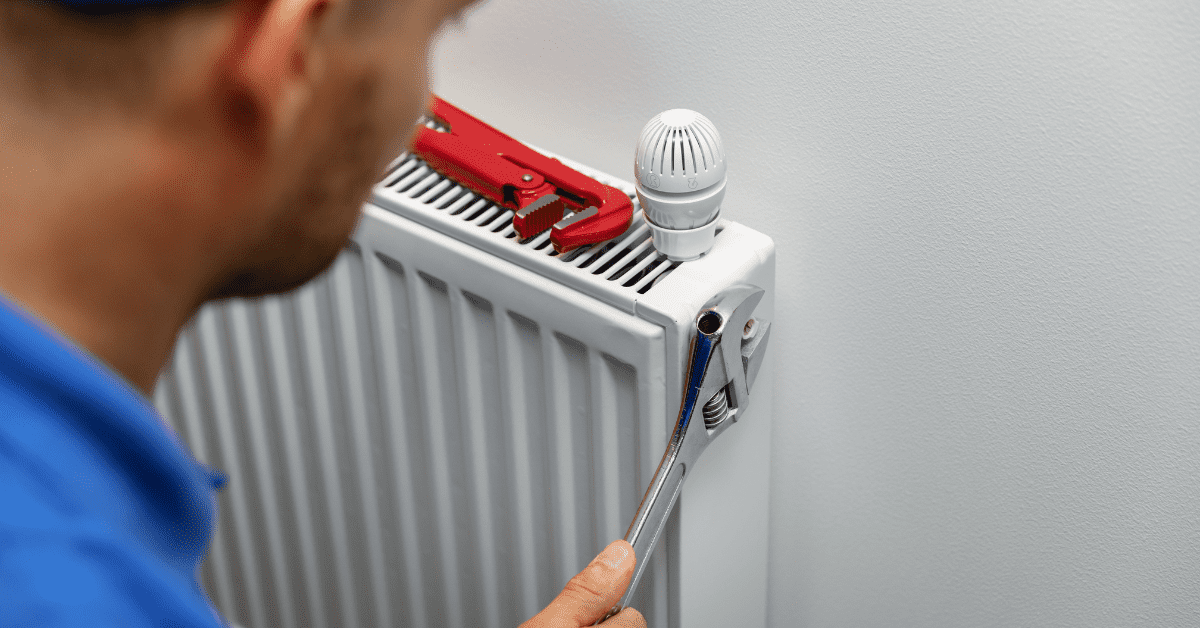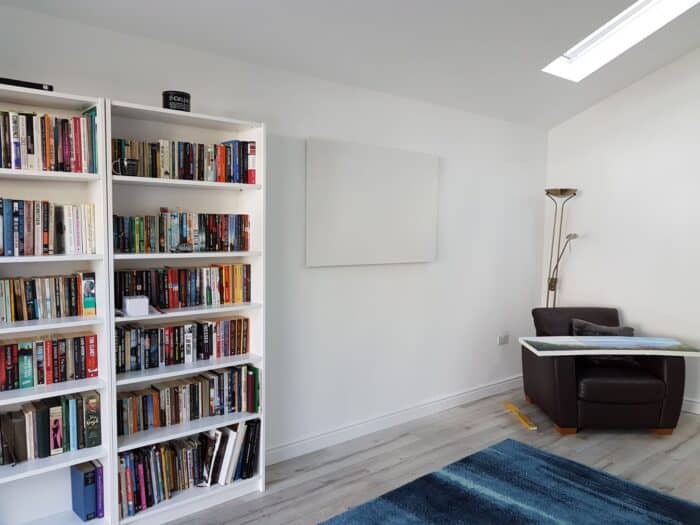Most heating systems require regular maintenance, which can be time-consuming and costly. It is worth considering this before making your choice, whether you want to deal with it on an ongoing basis. But is there any heating solution that can avoid this hassle?
Air conditioning
More and more people are heating their homes with air conditioning, which can be an effective solution in some cases, but unfortunately few people pay attention to cleaning it. When the appliance is running, a large amount of air flows through the heat exchanger, bringing with it various airborne pollutants. Over time, these can build up on the surface of the air conditioner, damaging it and, unfortunately, reducing its efficiency. In addition, a neglected unit can be a breeding ground for fungi, mould and other bacteria that are dispersed in the air we breathe when it is in use, and you can imagine the impact this has on our health. Air conditioners should therefore be inspected and cleaned by a professional 2 times a year.
Conventional underfloor heating
Many people think that once underfloor heating has been installed, it will be fine until the end of time. This is, of course, a misconception, because underfloor heating, like many other heating solutions, needs cleaning and should not be neglected. This is a job that should always be left to a heating engineer who will know what to do. The system will need a full flush every now and then to keep the boiler working properly and your underfloor heating efficient. Maintenance should be carried out every 4-5 years.
Radiator systems
The basic problem with so-called wet heating systems is that the rust in the pipes forms sludge, which deposits at the bottom of the radiators and in other areas, causing blockages and system failure over time. At first, we only notice a reduction in efficiency, and then, unfortunately, the whole system stops working, and it is only then that many people call a plumber. To prevent this from happening, it is a good idea to drain the water from the heating system, check the radiators, the thermostat, the needle valve and the radiator valves on an annual basis.
Fossil heating
Where conventional wood-burning, briquette, fabricated or pellet you use a boiler, you will still have to pay maintenance costs every year. Due to the smoke generated by the combustion of the fuel, the chimney needs to be cleaned once a year. It is also recommended that the appliance is inspected.
The maintenance-free heating system
Reading the above, the question arises whether there is any heating system that does not require such regular maintenance. Infrared panel systems have many advantages, from efficiency to ease of installation, and yes, maintenance-free is one of them. How is this possible? The infrared heatersthere are no moving parts, so all the maintenance you need is to wipe the dust off with a dry cloth every now and then. It sounds incredible, but it's true. All you have to do is either plug it directly into the circuit or - if you've chosen that type - plug it into the socket, fix it to the wall with a few screws and you're done.
Doesn't it sound good? If you want to learn more about infrapanels, browse through the more articles, or if you have any questions, feel free to contact us contact us at. Our products on our webshop or email you can also order through us, but before you do you should check our calculator is.




